
Burning Out in Silence: Why Muting Dissent at Work is Dangerous
Russian companies still pursue authoritarian leadership styles, and employees often avoid articulating their concerns and complaints to management. Together with chronic stress and work-family imbalance, this can often result in emotional burnout. This is the conclusion of a study by researchers from North Dakota State University (USA) and HSE University.

History of a Single Illusion: How Interest in 3D Films Led to the Double Discovery of Autostereograms
At the end of 1960s, Pete Stephens serendipitously discovered a way to create an autostereogram — an image that creates an illusion of volume without the use of special equipment. However, in fact, this illusion had been described by Lev Mogilev from Irkutsk State University, even earlier in the 1960s. This ‘double discovery’ may have been the result of popular interest in 3D cinema at the time. IQ.HSE cites a paper by researcher Tadamasa Sawada to discuss this double rediscovery of autostereograms.

Car Sharing Minus the Driver: How Self-Driving Vehicles Will Change Moscow
In 15 years, the share of self-driving passenger vehicles on Moscow’s roads will exceed 60%. However, this change will not have a significant impact if personal vehicle travel is not reduced and car sharing services are not expanded. For the first time, HSE researchers have assessed the effects of self-driving cars on the city. In their study, Alexei Zomarev and Maria Rozhenko lay out predictions for 2030 and 2035.

The Joy of Work: Which Russians Are Made Happier by Their Jobs
For Russians, job satisfaction plays a significant role in overall life satisfaction. This is especially true for those with higher education and of higher income levels, as well as those who are driven by professional and career achievements. One factor that does not have any effect, however, is gender. It is equally important for men and women that they love their work. These are the findings of a study conducted by the HSE Laboratory of Comparative Social Research (LCSR), which was presented at the XXI April International Academic Conference.
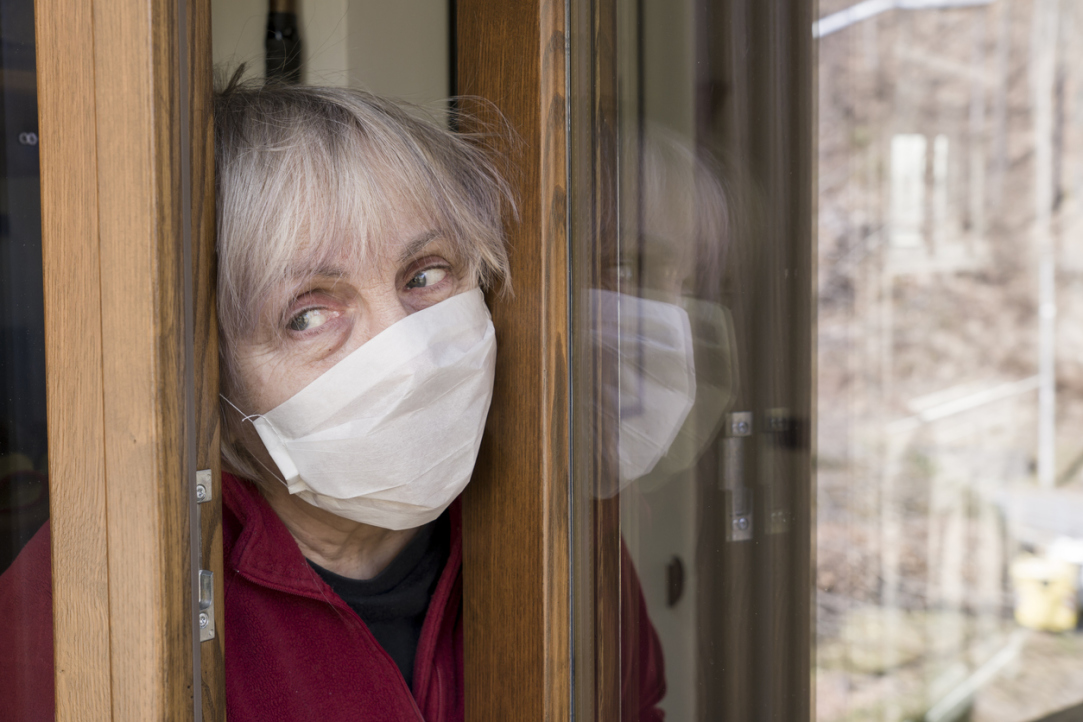
Meeting Happiness: How Social Activity Affects the Well-being of Europeans over 50 Years Old
The Covid-19 pandemic has severely restricted social contacts for people everywhere, and especially for the elderly. Yet, HSE researchers found that meeting with friends and relatives was one of the key conditions for happiness among Europeans aged 50 and older. In fact, such social contacts were just as important for them as their health, material well-being, or professional fulfilment. The report on the results of the study was prepared for the XXI April International Academic Conference on Economic and Social Development.
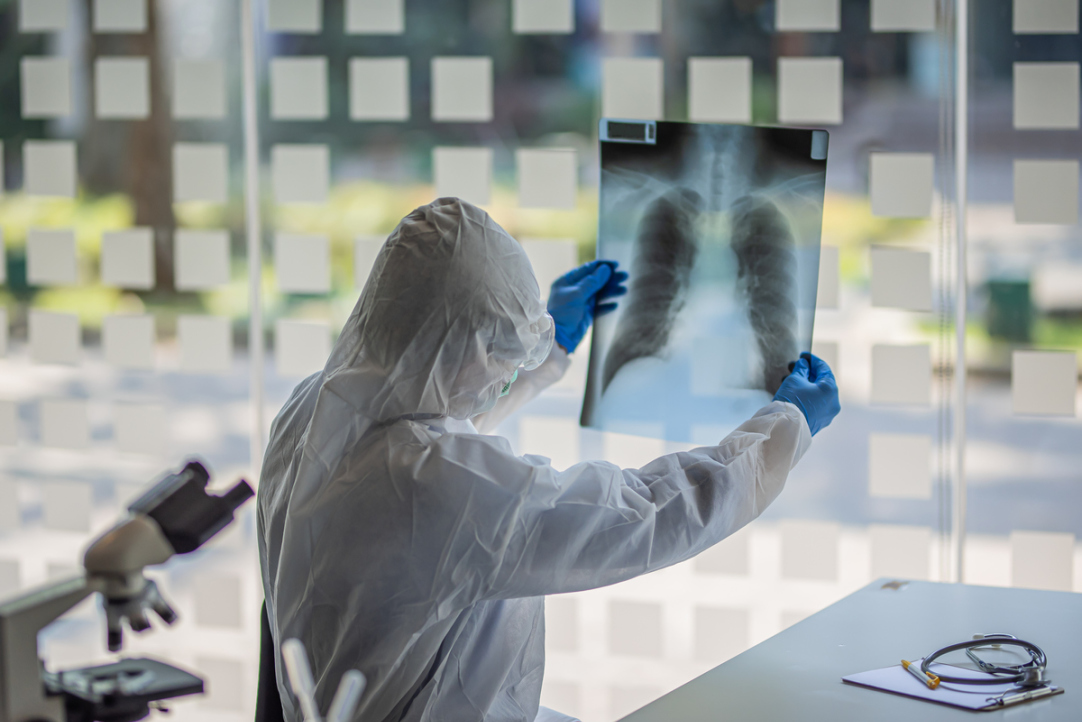
Unknown Mortality Rate: Why We Don’t Know the True Scale of COVID-19
Demographers have been thrust to the frontlines of the world’s efforts to evaluate the coronavirus pandemic, but so far without any weapons. Lacking data, they cannot reliably assess the situation. And this is despite the fact that the Internet, it would seem, is flush with statistics. A webinar hosted by the HSE International Laboratory for Population and Health discussed the paradoxes of quantitative approaches to COVID-19. IQ.HSE spoke with webinar participants Vladimir Shkolnikov, Inna Danilova, and Dmitry Jdanov.
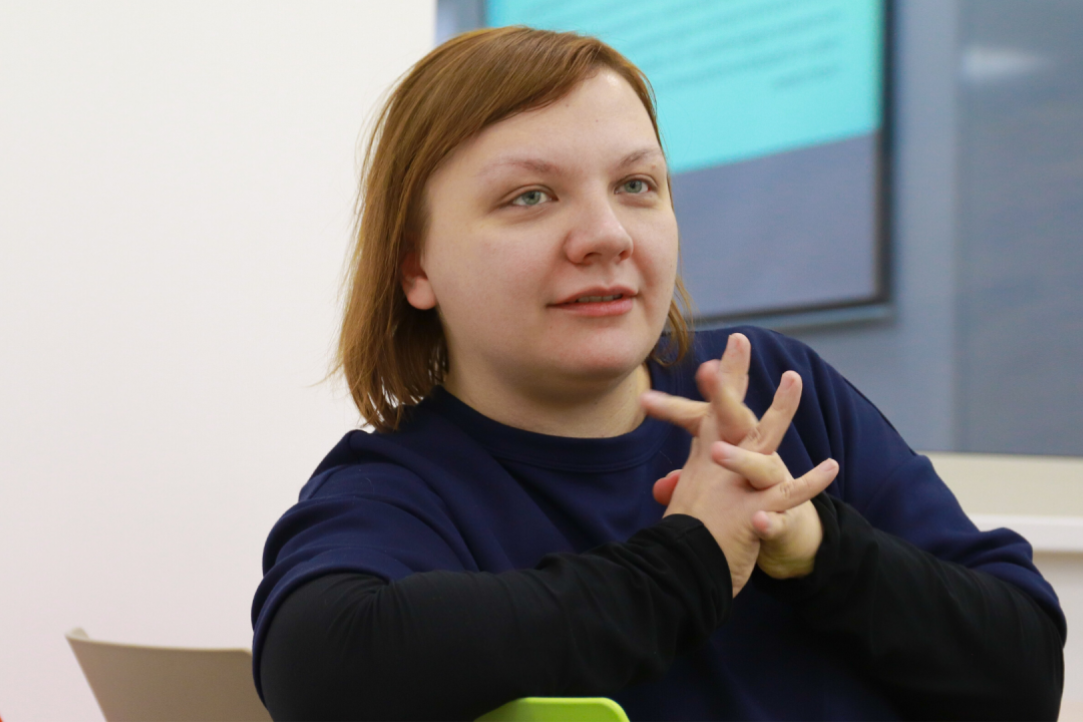
‘We Might Be in for an Anti-Digital Backlash’
The ‘digital age’ of education did not just dawn — it burst upon us like a tsunami. Long-term, systematic strategies for the transition to online learning have been swept away by global problems, and primarily the COVID-19 pandemic and measures for stopping it. In this Op-Ed, Institute of Education research fellow and Russian post-doc recruiter Daria Shcheglova tells IQ.HSE how some students might have been overlooked in the feverish rush to digitalize education.
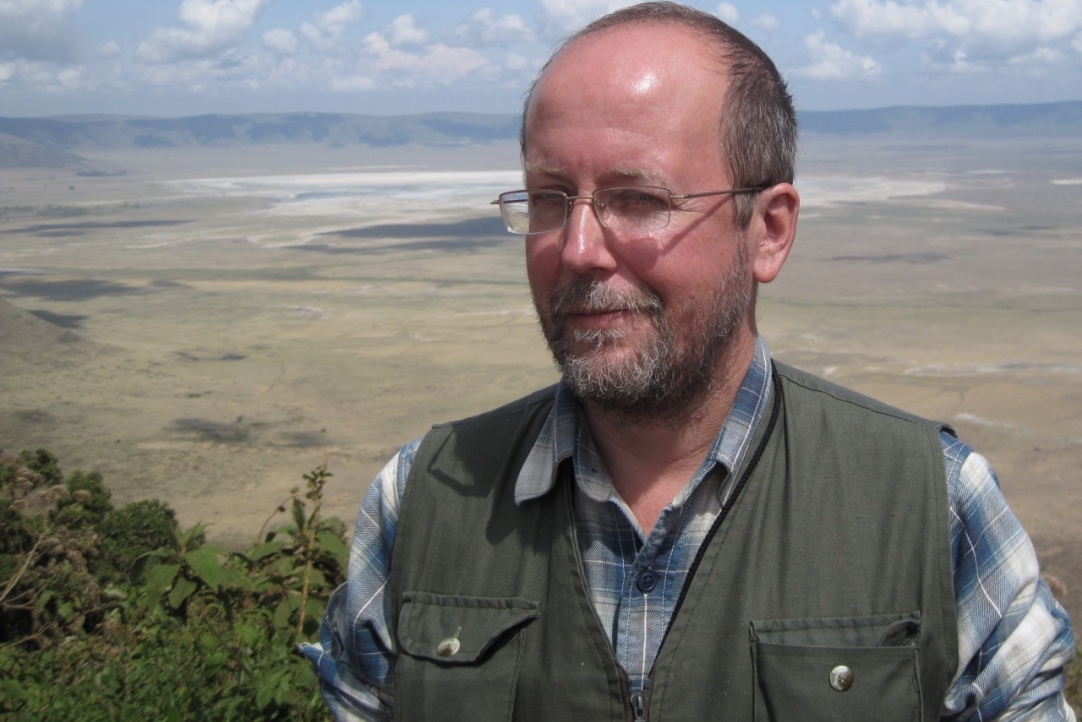
‘We Live in a Decelerating World’
The seemingly high rate of technological growth is illusory: the world is slowing down and will continue to do so long into the future. HSE scholars predict that the ‘technological singularity’ will occur in 2106 and that, contrary to what some expect, it will not mark the apotheosis of progress. Here, Andrey Korotayev, Leading Research Fellow, Head of the HSE Laboratory for Monitoring the Risks of Socio-Political Destabilization and a co-author of this study tells IQ.HSE why global acceleration is now a thing of the past, prognosticators are unafraid of ‘black swans,’ and the coronavirus will not rewrite human history.
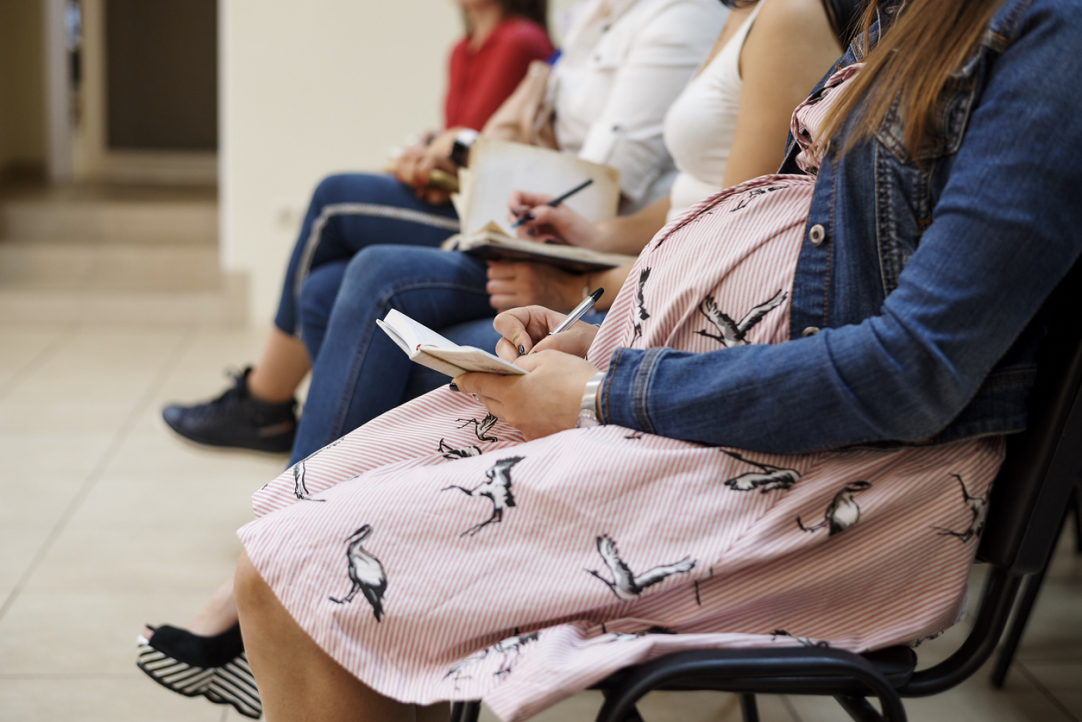
How Many Children Is Enough?
Most Russians would like to have two children: a boy and a girl. The others fall between the two extremes of either wanting no children (at least for now) or planning to have three or more. Having a large family is often associated with affluence. The reasons for having another child are many, from wishing to strengthen the family bond and teach older children to care for younger siblings to hoping that the maternity subsidy may help the family improve their housing situation. A HSE demographer used data from a sample of 15,000 respondents to study reproductive attitudes in Russia.

Degree from Home: The Difference between Online and In-person Learning for Technology Students
The Covid-19 pandemic has forced universities to switch to online learning, which will probably foster the development of online higher education. HSE University researchers joined forces with their American colleagues to demonstrate that online learning at university can be as effective as traditional in-person education. Their research used the example of technology disciplines.

